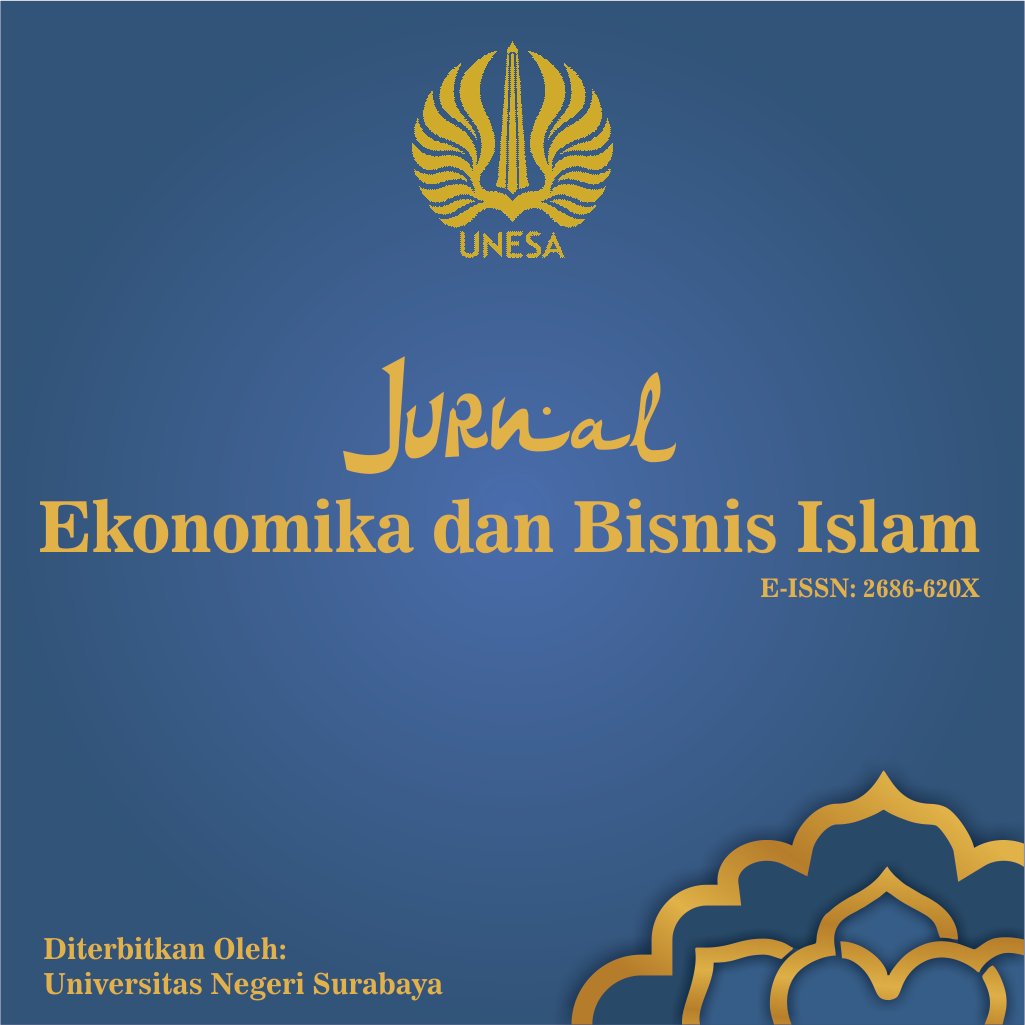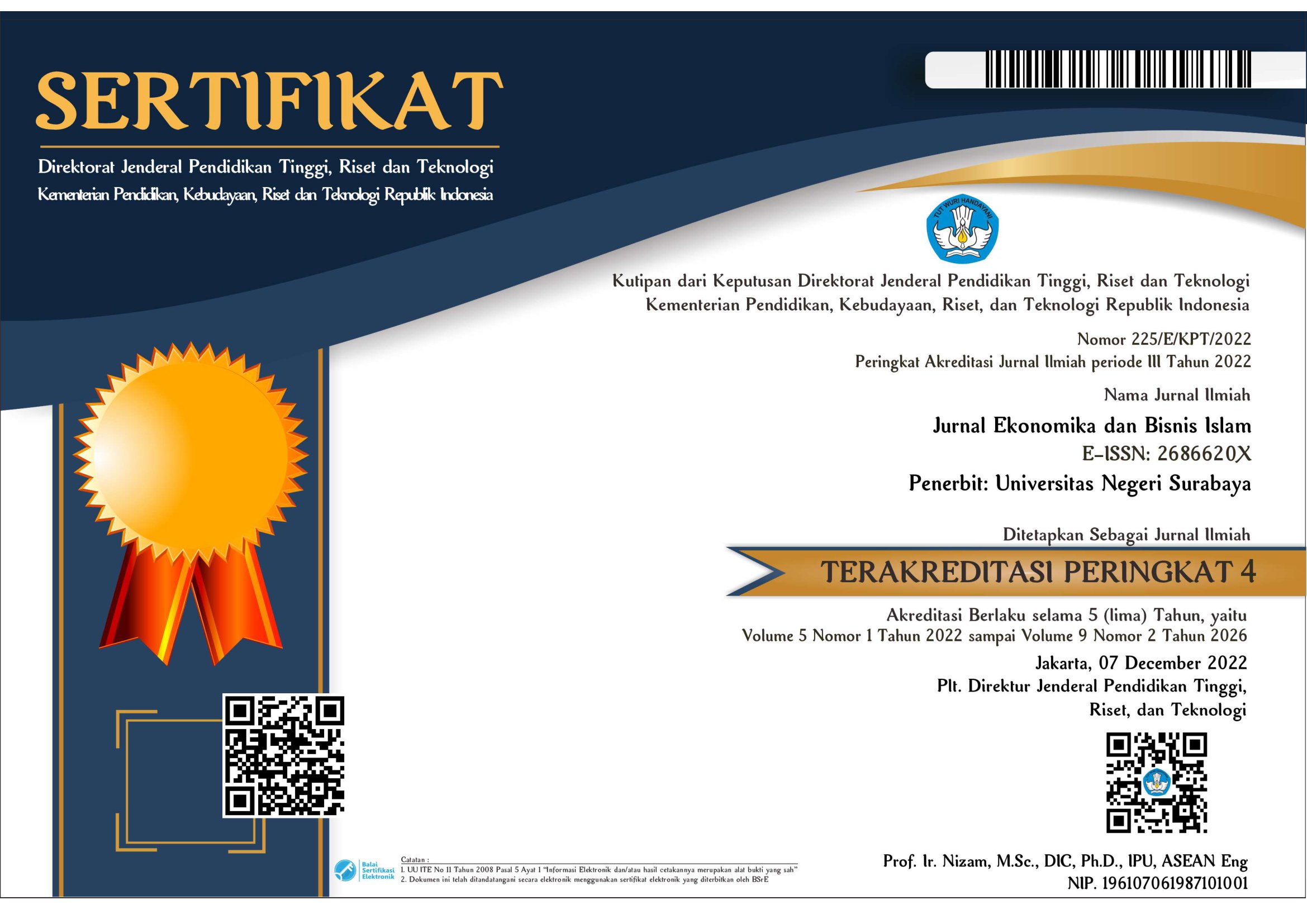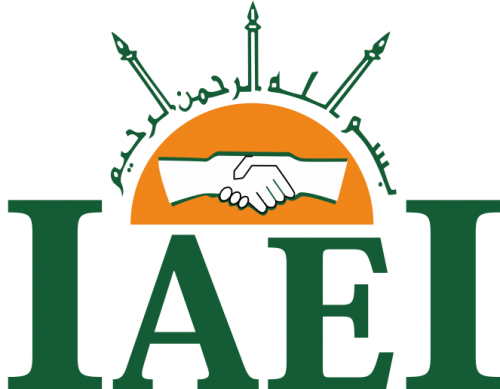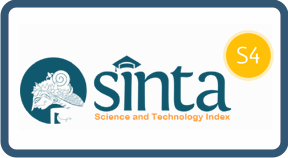Analisis Kesediaan Konsumen Muslim Untuk Membayar Produk Olahan Daging Halal
DOI:
https://doi.org/10.26740/jekobi.v6n1.p44-56Keywords:
Halal Processed Meat, Willingness to Pay, Contingent Valuation Method, Theory of Planned BehaviorAbstract
Processed meat products must have a halal guarantee, so that consumers feel safe drinking them.. Halal certification provide assurance to Muslim consumers in accordance with sharia principles. However, halal certification strategy allows for an increase in production costs which can increase consumer’s prices. An increase in prices allows a negative effect on consumers' willingness to pay. Therefore, this study aims to estimate the additional nominal and the determinants of Muslim consumers to pay higher prices for halal processed meat products. The population in this study were Muslims in Depok District with Accidental Sampling Technique. Data collection was done by distributing questionnaires to 100 respondents. Contingent Valuation Method and binary logistic regression is used in this research. The results showed that Muslim consumers in Depok District will to pay more for halal processed meat products with an additional nominal of Rp. 2,437 per 500gr package. The four variables significantly affect the WTP namely attitudes, perceived behavioral control, religious self-identity, and religiosity). While the subjective norm has no effect.
References
Fauzi, Akhmad. 2010. Ekonomi Sumber Daya Alam Dan Lingkungan. Jakarta: PT Gramedia Pustaka Utama.
Downloads
Published
How to Cite
Issue
Section
License
Copyright (c) 2023 Amanda Naura Rasyda, Purbayu Budi Santosa

This work is licensed under a Creative Commons Attribution 4.0 International License.
This work is licensed under a Creative Commons Attribution 4.0 International License.
 Abstract views: 464
,
Abstract views: 464
, PDF Downloads: 671
PDF Downloads: 671














